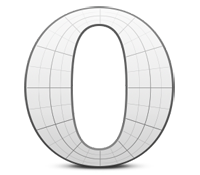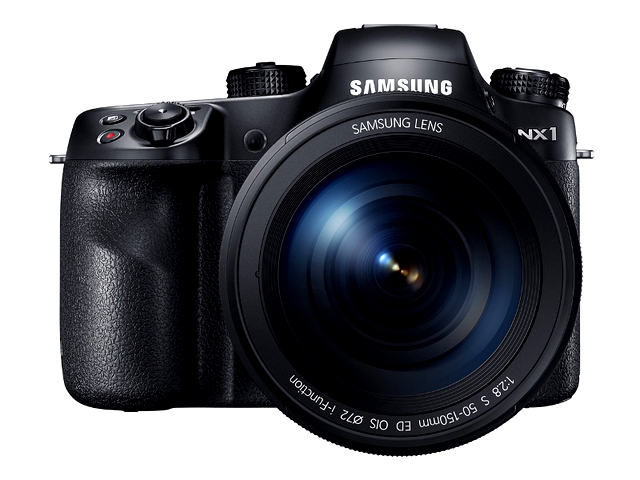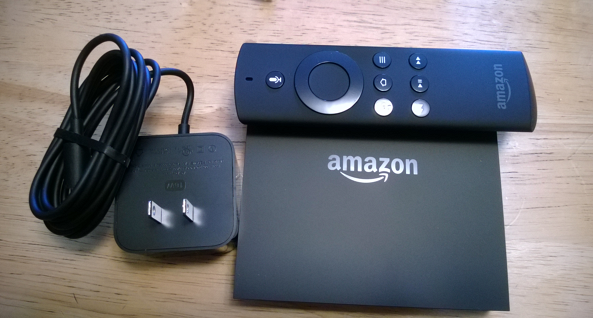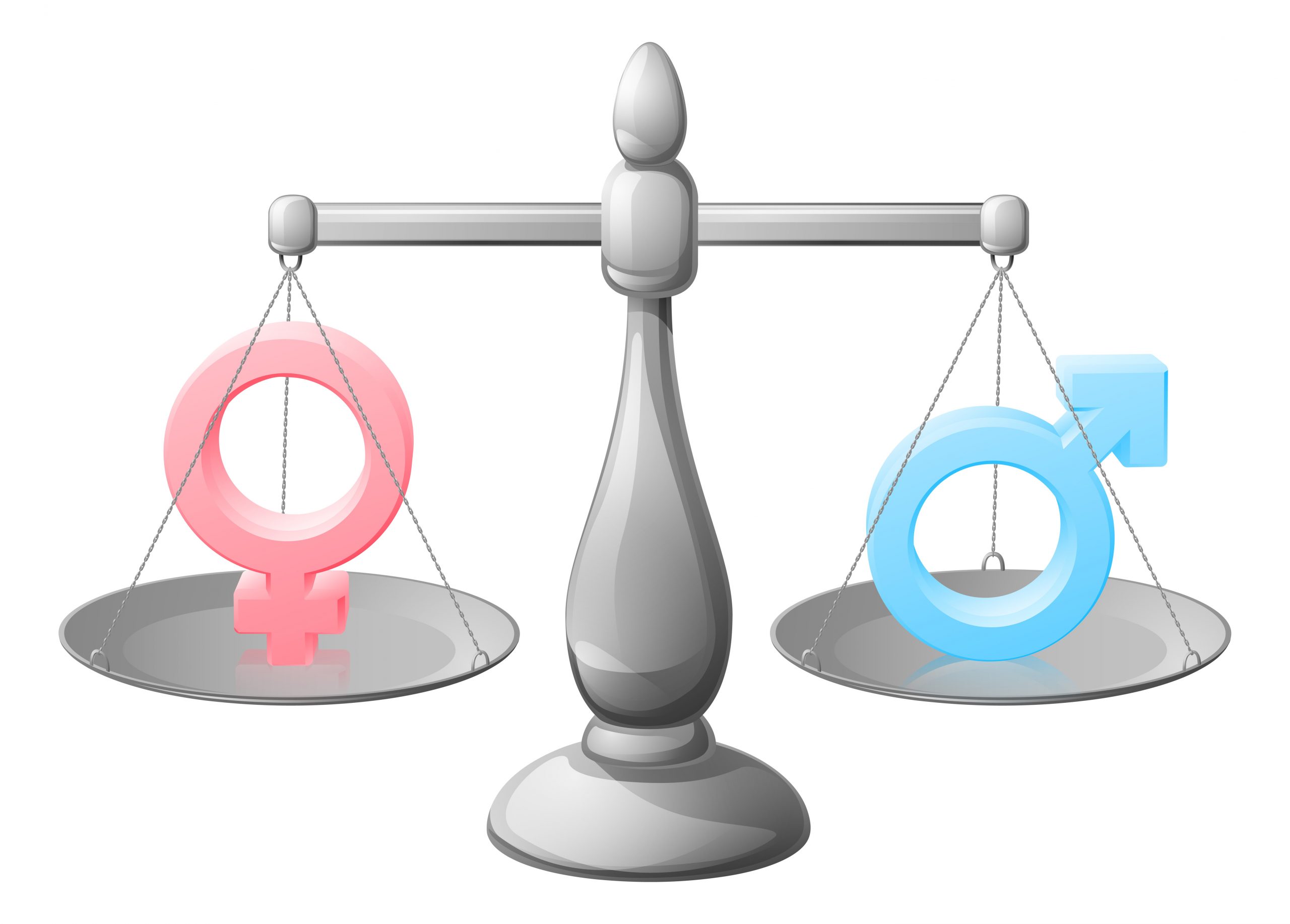
Cisco adds threat focus to its firewall platform
The firewall is usually the first line of defense for any network, but most offerings are focused on access policy and application control which makes it hard for them to respond to zero-day and more advanced attacks.
Now networking company Cisco is launching what it calls the first threat-focused Next-Generation Firewall (NGFW). Cisco ASA with FirePOWER Services provides the contextual awareness and dynamic controls needed to automatically assess threats, correlate intelligence, and optimize defenses in order to protect networks.

Cheap handsets in India and China fuel huge global surge in smartphone shipments
New figures show that global smartphone shipments for 2014 are set to be 19 percent higher than the previous year. Juniper Research reports that handset shipments are forecast to jump from 985 million in 2013 to 1.2 billion this year.
Smartphone popularity continues to rise, and this has been driven -- at least in part -- by the appearance of handsets with bargain basement prices. While the likes of Apple push premium-priced smartphones, emerging markets are lapping up handsets priced at $150 and under.

Opera Beta 25 arrives, finally adds full bookmark support, debuts Linux build
Opera has released Opera Beta 25, which sees the Opera Next channel renamed as part of what could be a landmark release for the alternative web browser when it hits final release next month. The headline new feature is the overdue implementation of bookmarks into the browser.
It’s also joined by the first Linux beta build since Opera relaunched last year, plus offers a redesigned Start page, integrated PDF viewer and support for web notifications direct from the Windows or Mac desktop.

Hack your health using fitness technology
I’m a big fan of fitness apps and wearable gadgets -- anything that can help make working out more interesting and fun is a big plus in my book, which is why I love apps like Zombies, Run! and Superhero Workout.
I’m not alone either -- one in four smartphone owners use a device to track health, diet or exercise, and fitness apps are among the fastest growing niches in the app market, rising by 49 percent in 2013.

Riak Enterprise 2.0 enhances NoSQL database usability
For organizations that deal with large quantities of data, the NoSQL database is a popular choice. However, it can present problems for traditional database programmers.
For this reason developers are always on the look out for ways to build applications more easily and unlock the potential of unstructured data. With the release of its latest Riak Enterprise 2.0, NoSQL specialist Basho is addressing these needs.

Google transforms old oil fields in to a $145m solar project
Google has announced it is investing $145 million into its latest renewable energy project.
The search engine giant is helping to finance the 82 megawatt solar power plan, which will be the company's 17th renewable energy project, alongside SunEdison.

Meet Samsung's NX1, a 28 megapixel compact system camera
Samsung has launched a new high-end snapper, a fast compact system camera to rival DSLRs for professional usage.
The Samsung NX1 boasts a 28 megapixel APS-C BSI CMOS sensor, supports 4K video recording, and has a new NX Auto Focus System III with 205 Phase Detection AF. The latter delivers an autofocus speed of 0.055 seconds to help ensure you capture the moment with clarity -- and this camera offers 15 fps (frames per second) continuous shooting to cover entire action sequences.

Andy runs Android on your Mac, Windows 7 and 8 desktop
Almost three years on from its first release, BlueStacks is probably still the easiest way to run Android apps on your Windows desktop. But it also has issues: performance can be a problem, and you don’t get full control over your virtual device.
Andy is a new contender which takes a different approach, running an Android image with VirtualBox. It can be much more awkward to configure, but performance is great, and every aspect of the system can be tweaked to suit your needs.

VESA announces DisplayPort 1.3 standard -- enables 5K resolution
My first-ever monitor was a 13-inch Packard Bell CRT; it came bundled with the desktop. At the time, it was rather impressive, but by today's standards, it is trash. However, I had that monitor for close to 10 years before upgrading to a flat-screen LCD. When LCD monitors became affordable, the resolution was secondary thought; the fact that it was thin and light made it a must-have. As time marched on however, resolution became a runaway train that moved the market.
While I am perfectly content with 1080p, 4K resolution is ready to become the new normal. Before you invest in that upgrade however, you may want to check out this news from VESA regarding DisplayPort 1.3. You see, this new standard has the ability to do 5K video; is 4K resolution already yesterday's news?

PVU, ILMT, LPAR, IPAA and IPLA -- IBM's licensing jargon decoded
Software licensing jargon used by the different software vendors makes up some of the most complex and potentially confusing terminology to have emerged from the technology industry. As one of the biggest vendors of all, IBM creates more than its fair share of confusion amongst enterprises and has developed some of the most complex software licensing metrics and compliance requirements.
It is essential to be on top of IBM's licensing jargon because its software is so prevalent in the datacenter (and everywhere else). So what are the key terms and acronyms that anyone charged with managing IBM software needs to know?

Spotify arrives on Amazon Fire TV, requires Premium subscription
Amazon continues to grow the ecosystem for its set-top box, the Fire TV. While its portfolio of offerings hasn't yet reached Roku level, the platform is much newer and still getting its legs under it. Today it expands a bit more with the addition of Spotify.
The music steaming service launched today on the Amazon box, though it does require users to have a Premium subscription, which will set you back a few dollars per month.

RichEdit is a surprising WordPad replacement
If you need a free editor for Windows then checking out a few Notepad replacements is a good place to start: EverEdit, TotalEdit Professional, FXiTE are just a few we’ve covered in the past.
But if plain text editing isn’t enough then you might be interested in RichEdit, a portable WordPad replacement which supports both plain and rich text files.

Hate U2? Apple offers a tool to remove the free Songs of Innocence album from your iTunes library
At the end of its iPhone 6/6 Plus/Apple Watch launch last week, the tech giant kindly gave everyone a gift -- a free U2 album. Songs of Innocence is the first album from the Irish band in five years, and Apple made it instantly available to all 500 million plus iTunes registered users. Which was a nice thing to do, after all who doesn’t like a free gift?
It turns out quite a few people were less than pleased to discover U2's new album appearing in their music collections whether they wanted it or not. If you’re one of those people unhappy about the presence of the album, and despite hunting for an easy way of removing it, still haven’t found what you’re looking for, don’t worry -- Apple has released a new tool for the job.

Apple proves that moats are for dummies
As we all know, Apple last week announced two new iPhones, a payment service (ApplePay), and a line of Apple Watches that require iPhones to work. There’s not much I can say about these products that you can’t read somewhere else. They are bigger and better than what preceded them and -- in the case of ApplePay and the AppleWatch -- just different. They are all topnotch products that will stand out in the market and have good chances of being successful. So instead of writing about products we already know about, I’d like to write about moats to protect products from competition.
Moats, as you know, are defensive fortifications typically built to surround castles, making them harder to storm. In order to even get to the castle, first you have to get past the moat which might be filled with water and that water might, in turn, be covered with burning oil.

Linux Mint 17.1 gets yet another female codename -- is it sexist or endearing?
For some reason, people tend to name inanimate objects after women. Whether it's something like a gun, car, or guitar, a feminine moniker may be attached. Sure, it is arguably sexist, but I would argue it isn't, since a negative connotation is not attached. People love cars, guns and guitars; the name is a term of endearment.
While I love cars as much as the next guy, I also love technology. One of my favorite hobbies is tinkering with Linux and Mint is a distribution I use often. This distro is usually named after women, such as Lisa, Olivia, and Nadia to name a few. Today, the Linux Mint team announces the newest codename.



